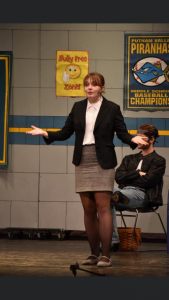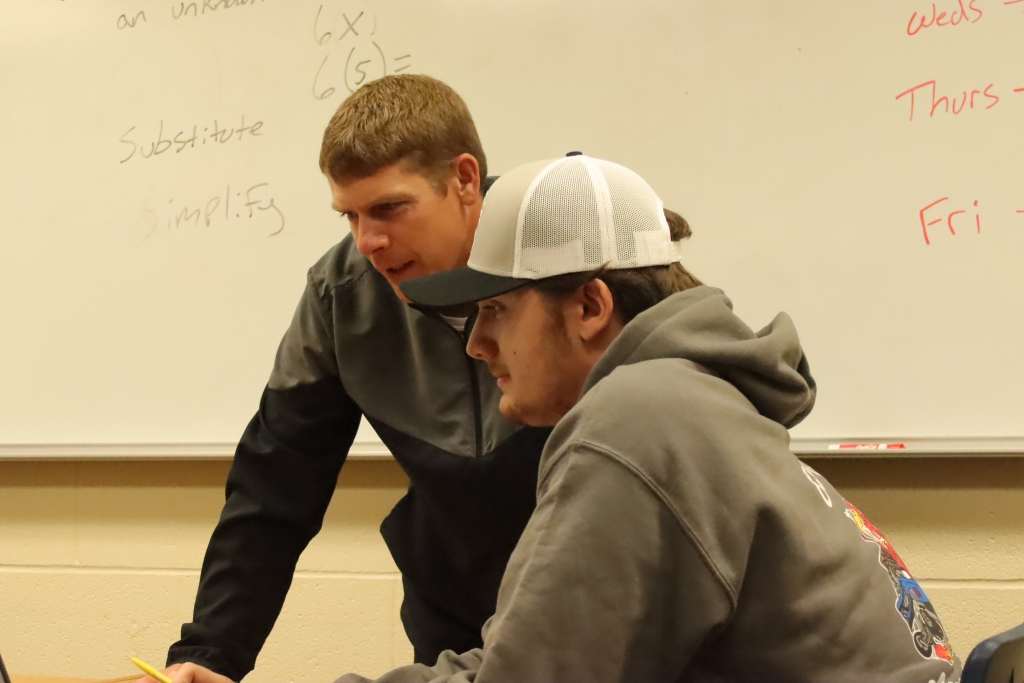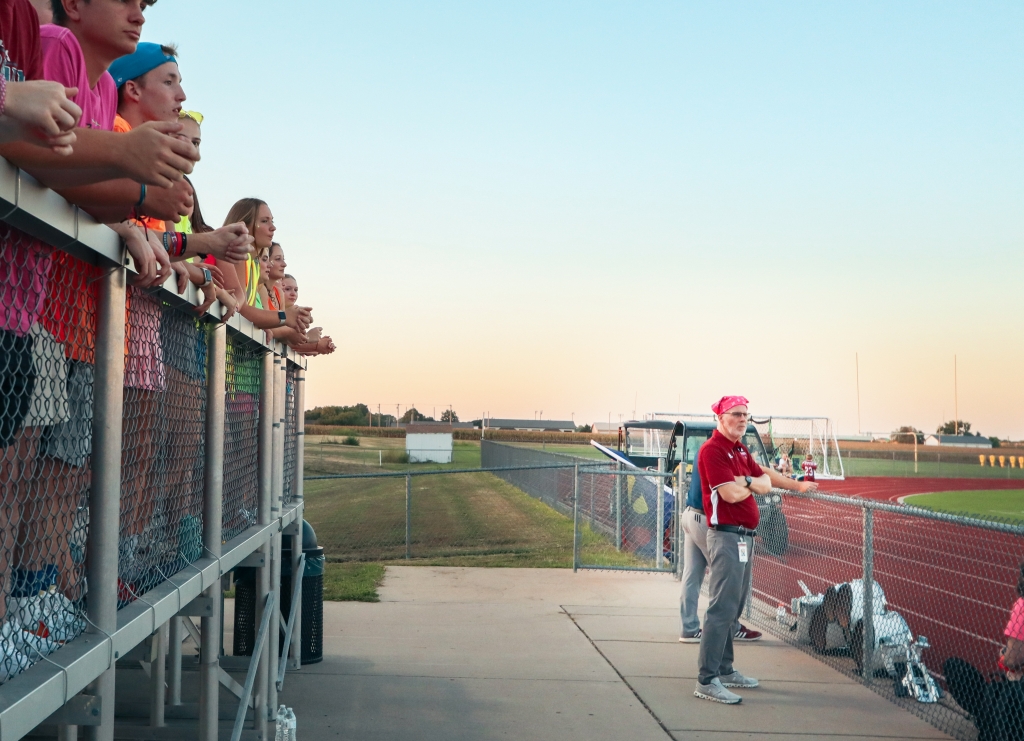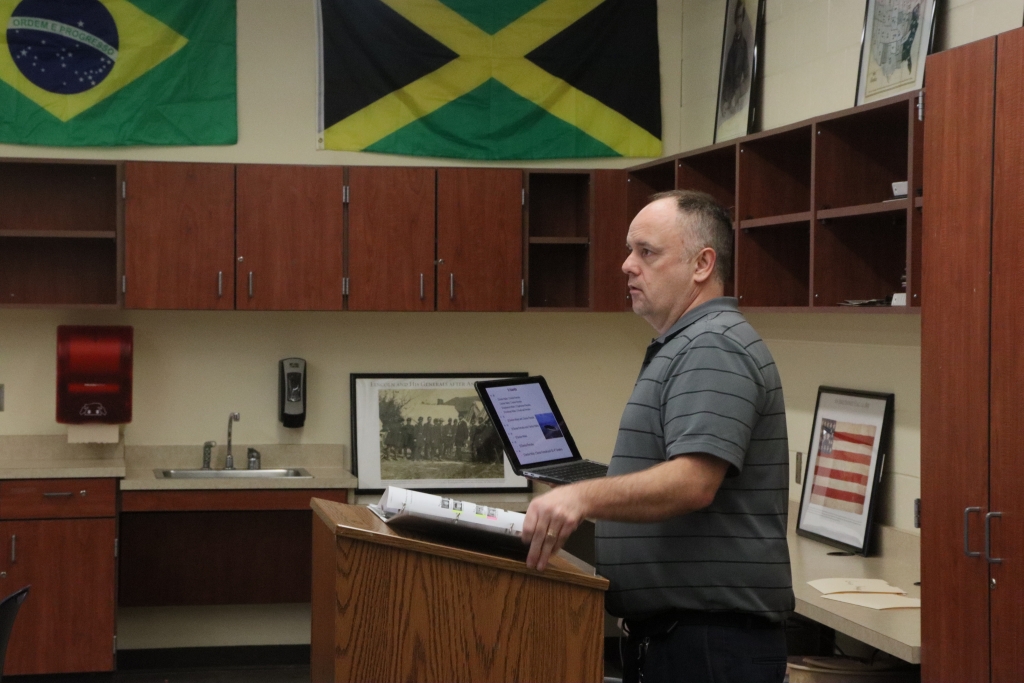Butterfly sanctuary

story by Sydney Shain
The Monarch butterfly, and other butterfly populations, are declining. Hunter Darling, Jr., wants people to know, and he wants to do something about it.
“This is a project that is surprisingly easy and can make a big impact,” said Darling, “I just found it extremely discerning that butterflies are dying like they are.”
According to Darling, the plan is to create a garden area specifically for butterflies in the fields between the middle school and the high school. This would create a space for butterflies to not only feed and live, but to breed in order to increase the population.
“The point is to curb the population decline, as opposed to just sustain it,” said Darling. “If we’re just feeding them, the population will continue to decrease.”
Butterflies travel through Kansas in the early springtime, so this garden would need to be planted in time for the annual migration. Since Kansas has harsh early springs and winters, this could be a challenge. After Darling made his proposal to the EHS Student Council, a committee was assembled to tackle this project. The group is aware of the sensitive time frame for the project and is prepared to take the timing of the project into consideration.
Through research on pollinator populations on his own time, Darling found the numbers staggering: According to the Chicago Tribune, the Monarch population has taken yet another downturn after a 20-year decrease in size. Butterflies act as pollinators, along with bees, some types of beetles, and some wasps, among other insects. Pollinators are crucial to our ecosystem throughout the world, which is why the rate at which they are decreasing in numbers is so alarming.
“We know that nearly one in every 3 bites of food we enjoy is directly attributable to the services of a pollinator, so their importance is paramount,” said Marlin Bates, at the K-State Research and Extension Office for Douglas County. “Most of Kansas Agriculture is not reliant upon these services as commodity crops are generally wind pollinated, not insect pollinated. However, for the growing fresh fruit and vegetable industry in Kansas, pollinators are incredibly important.”
Darling keeps himself focused on the goals of this project by thinking ahead to his ideal future and growth that he wants to see.
“The best possible outcome that we could hope for is that it becomes a community thing,” he said, “Which could be people taking their family out to see the monarchs come through.”







